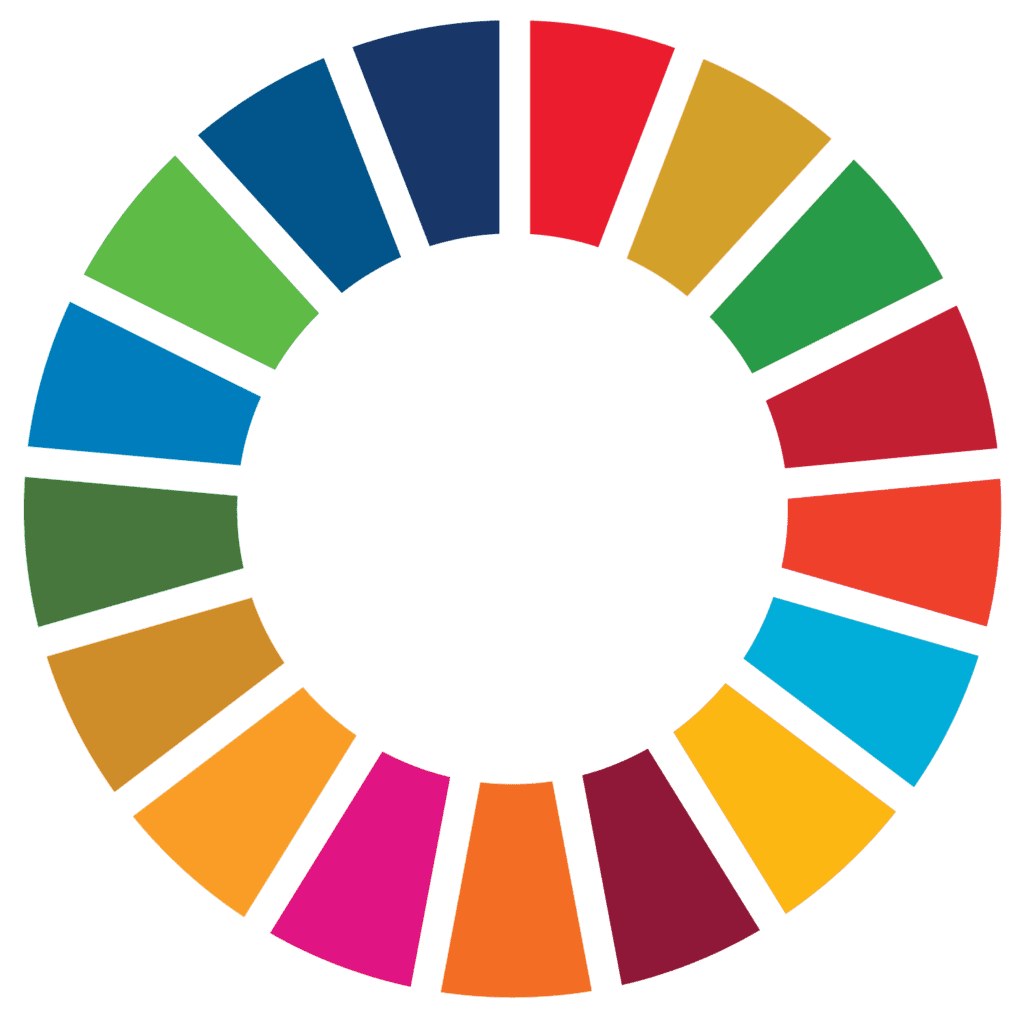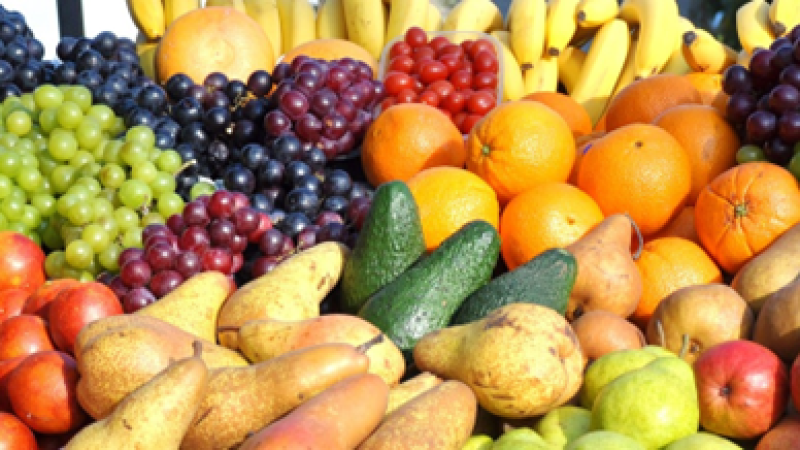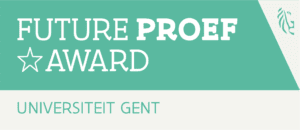MAPPING FOOD ENVIRONMENTS


Context and Methodology
The Dampoort district, known for its vibrant multicultural population, faces challenges in food security due to high living costs, limited green spaces, and lower-quality housing. In this area, 48% of residents are of foreign origin, with large Turkish and Bulgarian communities. The research involved “table talks” and in-depth interviews with nine residents. These interviews were conducted at SIVI, a social grocery store that provides affordable and free food to those in need. The interviews, which were guided by a set of questions developed with SIVI and Ghent University’s City Academy, focused on five critical aspects of food access: availability, accessibility, affordability, accommodation, and acceptability.

Picture by rotbart94 accessed through Pixabay
Key Findings
The study identified several barriers to healthy and sustainable diets in Dampoort’s disadvantaged communities:
- Economic Constraints: Price was the primary factor affecting participants' food choices. While they appreciated the affordable options at social grocery stores and local markets, the economic barrier limited their access to healthier and often more expensive options.
- Social and Community Ties: Informal networks play a vital role in food access. Many residents rely on neighbors and family for food and information, fostering community resilience. This reliance on community networks, however, can restrict access to broader food support services if individuals are unaware of them.
- Cultural and Religious Needs: Dampoort offers culturally familiar food options, with Turkish and Bulgarian markets providing halal meat and other ethnic foods. The availability of culturally acceptable food facilitated dietary continuity, though it also reinforced reliance on familiar food sources over healthier, less familiar options.
- Health and Knowledge Limitations: Awareness of healthy eating did not necessarily result in healthier diets. Several participants, already diagnosed with non-communicable diseases, continued to face challenges in adopting healthier diets due to limited food access and affordability.

Picture by ASPhotography accessed through Pixabay
Recommendations
The dissertation suggests several ways to improve food access in disadvantaged neighborhoods:
Policy and Infrastructure Support: Recommendations include government subsidies for food businesses to make healthy options more affordable and accessible, and tax incentives to discourage unhealthy food options. Expanding initiatives like “Ghent en Garde”, which provides free fruit points and community gardening opportunities, could help integrate sustainable food practices into the community.
Enhanced Community Outreach: Leveraging community centers, language classes, and local events to ensure that food assistance and educational programs reach vulnerable populations could bridge the knowledge gap around food support services. This outreach is particularly crucial for those who may not actively seek assistance due to language or cultural barriers.
Support for Culturally Appropriate Food Sources: For sustainable impact, the city could prioritize food environments that offer culturally and religiously appropriate foods while promoting healthy options.
This research provides practical insights for policymakers and community leaders in Ghent, underscoring the need for inclusive, culturally aware, and economically accessible food systems. It calls for integrated efforts from local governments, food retailers, and community organizations to address food insecurity’s root causes, moving beyond emergency food aid toward a sustainable, dignified approach to food access in Ghent’s disadvantaged neighborhoods.
